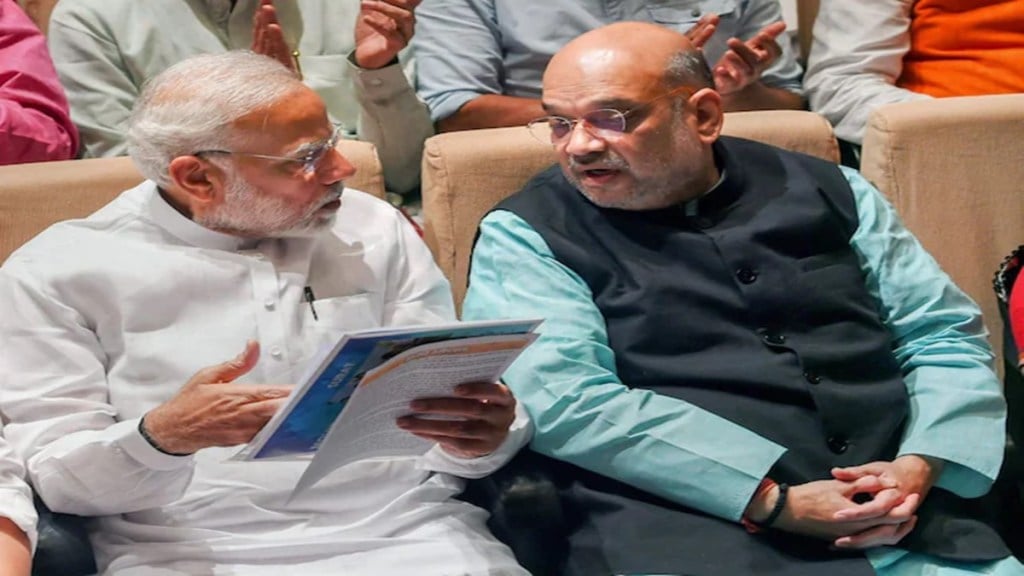The central government on Monday officially notified the rules for the Citizenship Amendment Act (CAA) days ahead of the announcement of the Lok Sabha elections schedule and the imposition of the Model Code of Conduct. The rules, enforcing CAA all over India — it is already implemented in certain identified districts in nine states — will expedite the process of granting citizenship to undocumented non-Muslim migrants from Pakistan, Bangladesh, and Afghanistan.
The CAA notification was delayed by almost four years mainly because of two reasons. One was the massive protests that the public staged and the other was the COVID-19 pandemic that hit the country in March 2020. Since 2020, the Home Ministry has been asking for an extension on framing the CAA rules at regular intervals.
What changes as CAA comes into force?
The provisions of the Citizenship Act of 1955 prevented the entry of illegal migrants in India. People who came to India without valid documents or stayed over the permitted period were termed foreigners and were deported. They were blocked from attaining Indian citizenship.
Now under the newly established CAA rules, individuals belonging to Hindu, Sikh, Buddhist, Jain, Parsi, or Christian communities, who are considered minorities in Afghanistan, Bangladesh, or Pakistan are eligible for Indian citizenship, if they fled these countries due to religious persecution and arrived in India before 2015. These individuals will also be exempt from legal action related to their illegal entry into India or overstaying their permitted duration in the country.
Under the previous law, migrants were required to reside in India for a minimum of “not less than 11 years” to be eligible for citizenship. However, the CAA has reduced this duration to “not less than five years” for eligible persecuted minorities.
The Ministry of Home Affairs (MHA) has developed an online portal streamlining the entire process for applicants. The applicants will be required to disclose the year in which they entered India without any documents. According to reports, no documentation will be requested from applicants. The law explicitly states that benefits under the CAA will be extended to undocumented minorities from the three neighboring countries.
Which are the nine states where CAA is already implemented?
The CAA has been implemented in nine states since 2022. These are Delhi, Uttar Pradesh, Maharashtra, Rajasthan, Gujarat, Haryana, Punjab, Chhattisgarh and Madhya Pradesh. The Centre has allowed home secretaries and 31 district magistrates to grant Indian citizenship to Hindus, Christians, Jains, Buddhists, Sikhs, and Parsis who have come from Pakistan, Bangladesh and Afghanistan under the Citizenship Act, 1955.
No CAA in THESE tribal-dominated areas
The regions where CAA will not be introduced are Assam, Tripura, Meghalaya, and Mizoram. This means that migrants residing in these areas, belonging to the identified communities, can’t be given Indian citizenship based on religion. These are autonomous tribal-dominated areas and are covered by the Constitution’s sixth schedule.
CAA exemptions also extend to states with an Inner Line Permit (ILP) system in place. ILP serves as a special permit necessary for non-residents to enter and reside in these states for a restricted duration. Such states include Nagaland, Arunachal Pradesh, Mizoram, Manipur, Himachal Pradesh, and Lakshadweep.

